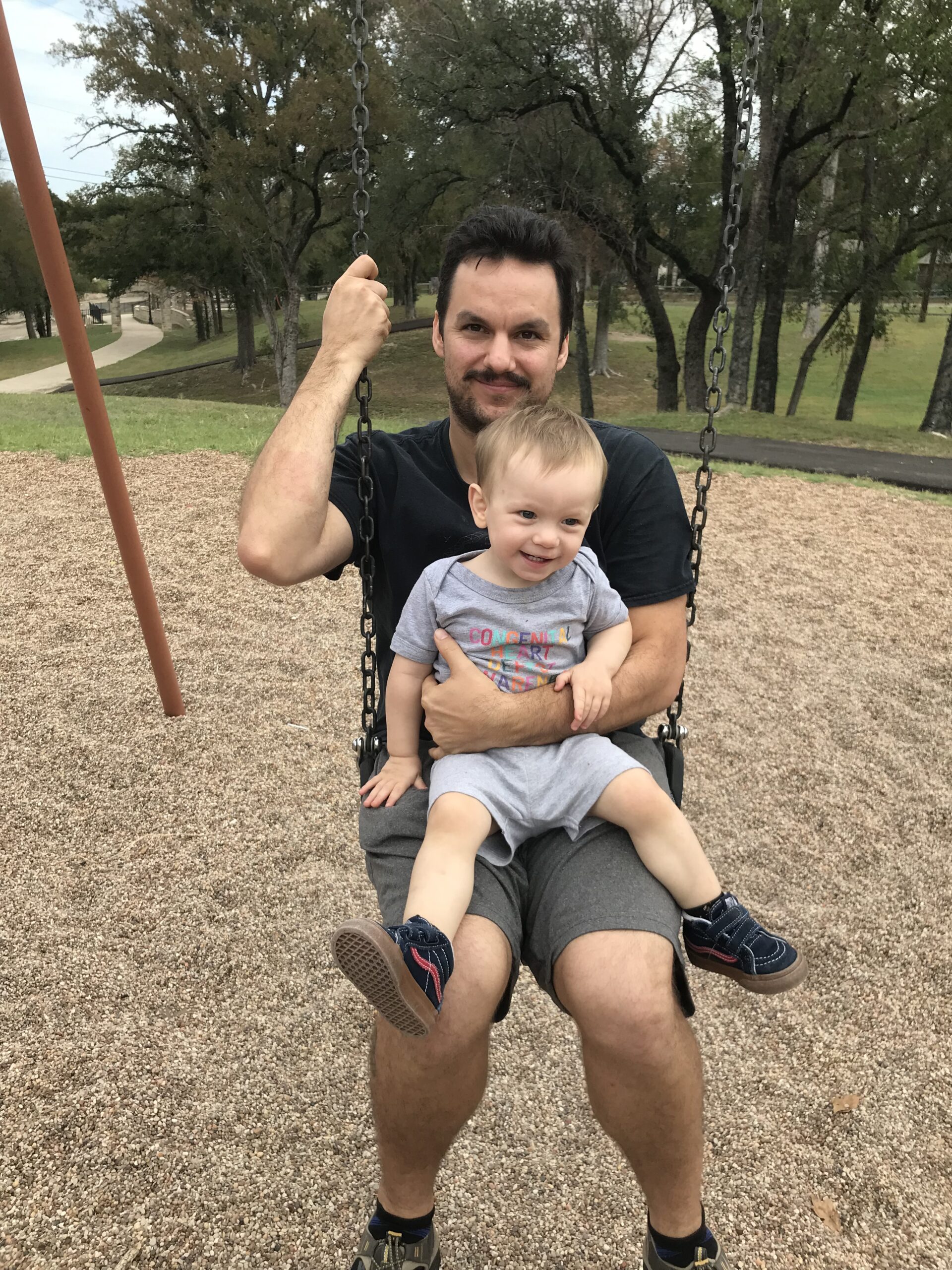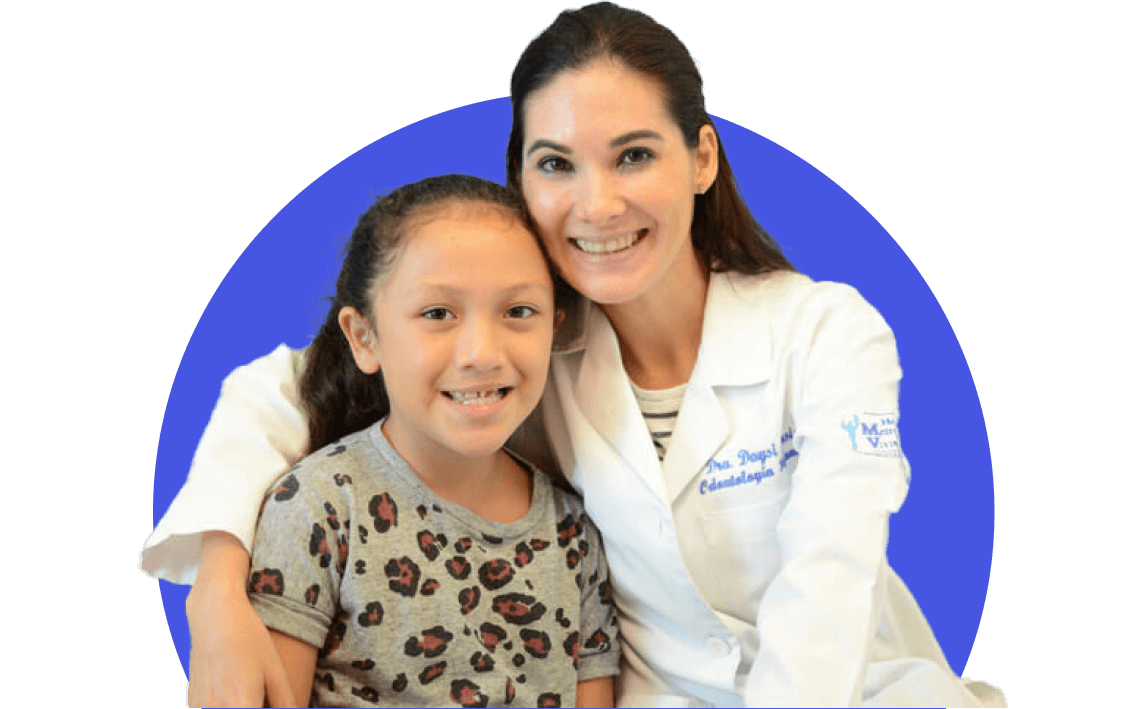My parents were not prepared when I was born with a cleft. My mom was given vague explanations as to why I was born the way I was. Without a clear understanding of the condition and its causes, she blamed herself and was defensive when the subject came up. As a school aged child, when questioned about why my face looked different, I was told to react with ugliness and defensiveness. “There’s nothing wrong with my face but there is something wrong with yours” is one that I recall. Without any understanding of it myself, I just began to make things up in order to explain my cleft, usually in the form of increasingly absurd accidents. This went on mostly throughout my younger childhood years. Beside the occasional questions about my appearance, my cleft really wasn’t a part of my life. Once I got older it became even less of a thing. When I was asked about it as a teen or adult (which was rare), I would just say I was born with a cleft and had it fixed when I was a baby.
Initially I was upset when I learned our son Dwayne had a cleft. I felt like it was a burden that I gave him. These feelings subsided rather quickly though, and I became accepting of him also having a cleft like me. It’s our thing now. Dwayne isn’t alone in his little world looking the way he does. I hope to teach him that having a cleft is just something that happens by chance and that it doesn’t make him different. I hope to teach him that if other kids ask about it, that they are not being mean. He has nothing to be defensive about. I hope to educate him about having a cleft so that he may pass that knowledge along to his peers.
-Matt




